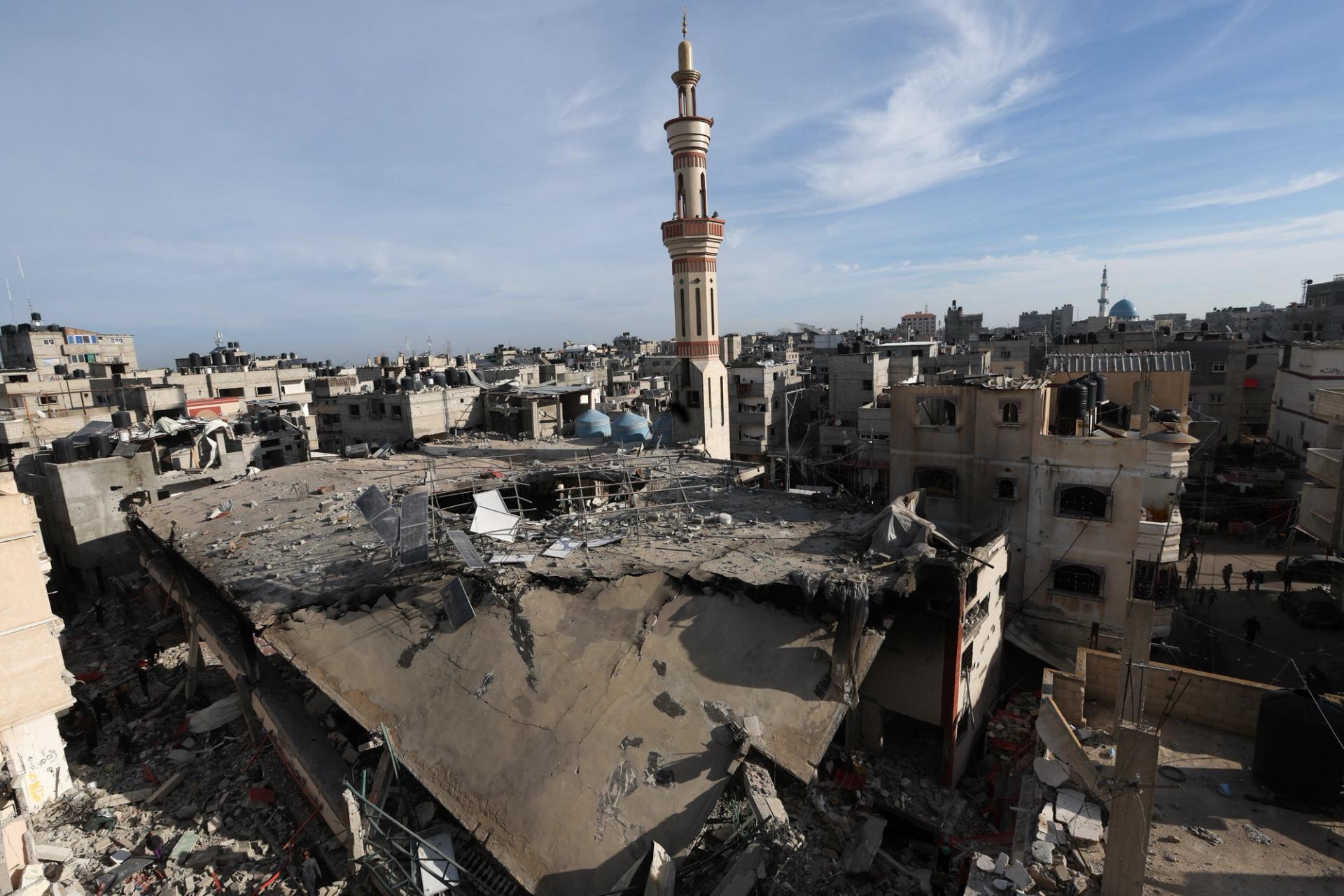The News
Israel on Sunday rescued two Israeli-Argentine hostages from Gaza’s Rafah city — marking only the second successful hostage rescue from the enclave since Hamas’ Oct. 7 attacks.
The rescue mission involved an air raid on the densely-populated city, where more than a million Palestinians are sheltering after fleeing Israel’s bombardment in the north. The raid killed at least 67 Palestinians, according to Gaza’s health authorities. Israeli Prime Minister Benjamin Netanyahu has ordered an evacuation of Rafah as the Israeli Defense Forces (IDF) plans a ground offensive to retake complete control.
International actors are becoming increasingly worried that Israel’s counteroffensive is yielding little success in containing Hamas, at the continuing expense of tens of thousands civilian lives. But Netanyahu dismissed concerns, saying, “Only continued military pressure, until total victory, will bring about the release of all of our hostages.”
SIGNALS
Rafah operation is crucial for control over Hamas, but complete defeat looks impossible
“It’s impossible to deactivate Hamas’ supply lines from Egypt” without first taking control of Rafah, Haaretz columnist Amos Harel wrote. But as Israel hones in on Rafah, Hamas is attempting to restore both military and political control in the north, suggesting that the militant group is “far from” being defeated, Harel argued. Israel’s post-war plan is for Gaza to be governed without Hamas, but no Palestinian or Arab world entities would take on that responsibility when “Hamas’ leaders and thousands of members are still in the picture,” he wrote. The prospect of the Palestinian Authority governing Gaza is also becoming bleak as an economic crisis in the West Bank — fueled by the Israeli government banning Palestinians from working in Israel — could devolve into unprecedented violence.
Palestinians sheltering in Rafah express regret for following Israel’s evacuation orders
Hundreds of thousands of Palestinians who obeyed Israel’s order to flee to Rafah for safety, feel misled and trapped with no place to go, an anonymous author wrote for The Daily Beast.
“There’s no safe place” in Gaza, one Palestinian told The Daily Beast, and many are now regretting their decision to follow Israel’s evacuation orders. The international community is growing increasingly frustrated by Israel’s apparent lack of commitment to minimizing collateral damage, with staunch allies of Israel — like Germany — warning that an attack on Rafah would be a “humanitarian catastrophe.” “The people in #Gaza cannot disappear into thin air,” Germany’s foreign minister posted on X. U.S. President Joe Biden similarly warned Netanyahu Sunday, telling him on a call that Israel should avoid any offensive in Rafah without a “credible and executable plan for ensuring the safety of and support for the more than one million people sheltering there.”
Was hostage rescue a ‘reward’ for Argentina’s pro-Israel leader, Javier Milei?
Argentine President Javier Milei campaigned on the promise of defending Judaism and Israel, and he has backed Israel’s Gaza offensive and promised to move his country’s embassy to Jerusalem during a recent state visit. It appears that Israeli Prime Minister Benjamin Netanyahu “wanted to reward” Milei and show his ally that Israel “is perfectly capable of rescuing hostages when it suits [them],” argued global economics blogger Frances Coppola. Argentina and its large Jewish population have long faced terror threats — cemented by the 1994 bombing of a Buenos Aires Jewish community center and an allegedly foiled attack this year. Milei’s unequivocal support for Israel might gain him domestic support, but Argentina “has serious deficiencies in its intelligence capacity” and his rhetoric could only encourage more attacks against the country, one analyst told La Nación newspaper.

